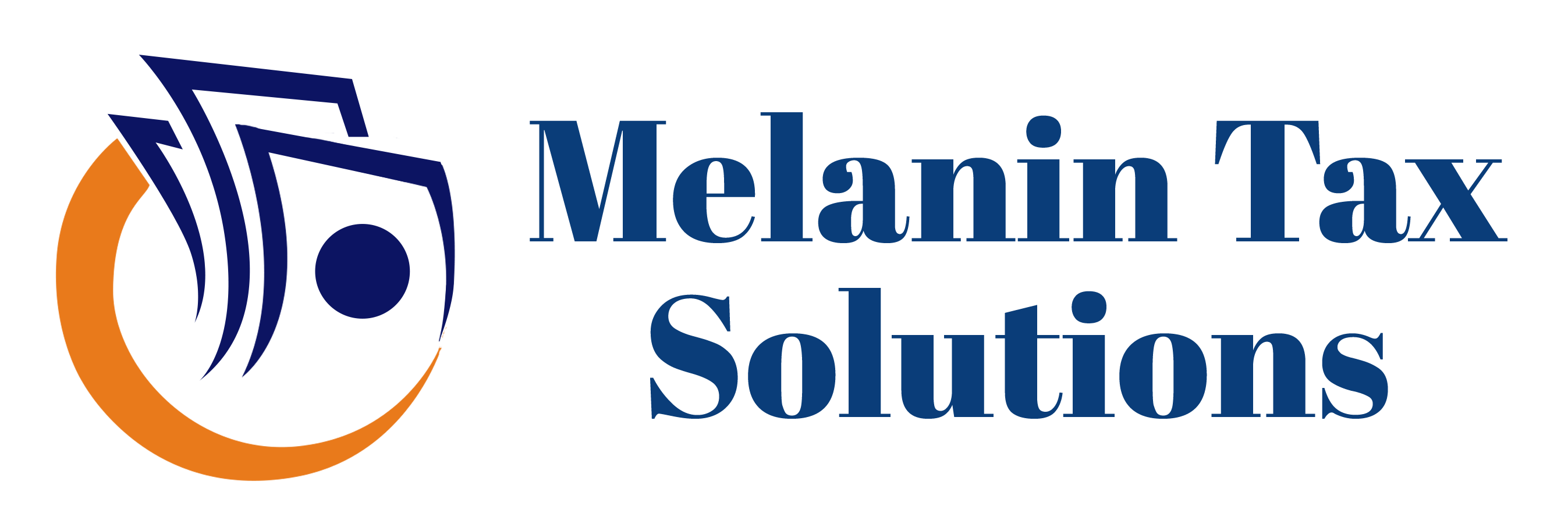Introduction to Tax Planning
Tax planning is a crucial component of financial management for any business seeking sustainable growth. Effective tax planning involves analyzing your business’s financial situation from a tax perspective, aiming to utilize provisions, deductions, and credits in a way that helps reduce the liability come tax time. This practice not only saves money but also allows you to reinvest in your business and strategize for future growth.
Understanding Business Structures and Their Tax Implications
Different business structures have different tax implications, which can significantly affect your overall financial strategy. For instance, sole proprietorships, partnerships, LLCs, and corporations are taxed differently. Understanding which business structure best fits your needs can lead to substantial tax savings and influence how you plan for future expansion. For example, while a sole proprietorship might offer simplicity, incorporating can reduce liability and provide tax benefits not available to sole proprietors.
Leveraging Tax Deductions and Credits
One of the most direct ways to reduce your tax burden is through deductions and credits. Deductions reduce your taxable income, while credits reduce your tax, dollar-for-dollar. Common deductions include expenses for business operations such as rent, utilities, and salaries. Meanwhile, credits may be available for specific activities like research and development or for investing in energy-efficient technology. Keeping meticulous records and staying informed about new tax incentives are essential for maximizing these opportunities.
Timing Income and Expenses
Strategic timing of income and expenses can defer tax liabilities and improve cash flow, a critical aspect of business management. If you expect a higher tax rate in the following year, it might be advantageous to accelerate deductions in the current year and defer income to the next year. This strategy requires careful planning and an understanding of the predictability of your revenue streams and expenses.
Retirement Planning as a Tax Strategy
For business owners, setting up a retirement plan not only secures your future but also offers immediate tax benefits. Contributions to plans like a Solo 401(k) or a SEP IRA can be deducted from your income, lowering your current tax burden while preparing for the future. Additionally, these plans can be attractive to employees, aiding in talent retention and overall business growth.
The Role of Tax Professionals in Business Growth
While many small business owners might try to handle finances on their own, collaborating with tax professionals can provide significant advantages. Tax laws are complex and change frequently; having a seasoned expert who can provide guidance and up-to-date advice is invaluable. A tax professional can help develop strategies tailored to your business, ensuring compliance and optimizing financial outcomes.
Partnering with Melanin Tax Solutions
Understanding and implementing effective tax planning strategies are crucial for any business aiming to maximize its growth and financial health. While the DIY approach may seem cost-effective initially, partnering with a dedicated professional tax planning company in New York, such as Melanin Tax Solutions, can transform your tax planning into a strategic advantage. At Melanin Tax Solutions, we provide personalized, knowledgeable tax preparation and bookkeeping services that cater specifically to the needs of New York businesses. Allow us to help you unlock the full potential of your business with optimal tax strategies. Contact us today to learn how we can support your business goals.

